Don’t shy away from the heat of discomfort. Like physical pain, discomfort alerts you to things in your life that need to be changed, accepted, or avoided. Make friends with discomfort, it will help you be more agile and resilient in your work and home life.
If a machine could inoculate you from discomfort, would you buy it? In the 1970’s in Japan, Daisuke Inoue invented a device that could do just that. He created a machine that placed people in an uncomfortable situation in order to inoculate them from their discomfort. What was the result? People became comfortable with being uncomfortable. It wasn’t a drug or a potion, it was a karaoke machine!
Speaking in public makes most people cringe with anxiety. Making a performance like singing in public is even worse. What Inoue realized was that singing with all your heart while knowing very well that you may not be a very good singer, was in fact a liberating experience. It was a flu shot for being embarrassed.
Unfortunately, there is no karaoke machine for every single form of anxiety-producing discomfort. But humans do have a real capacity to transform discomfort into positive energy which can serve as a catalyst for change. The more conscious you are with your own discomfort, the more seamless this immunization process will be. You have the power to learn from the bumps in your life, and the power to not be ruled by them.
What is Your Relationship with Discomfort?
Without discomfort, you wouldn’t have the motivation or desire to fix anything. If you avoid uncomfortable situations, you miss out on opportunities for growth and change.
In our accelerating world, adversity is around every corner. When you face adversity, how fast do you rebound? Our immune system protects us from disease but it is our resilience system that protects us from adversity.
Conscious people fall down all of the time. The difference is that Conscious people get back up easily. We need to reframe how we see discomfort and develop a deeper understanding of pain.
There is an ancient Buddhist parable in the Sallatha Sutra which explains the two-part nature of pain. The first arrowbeing the initial pain –failure, rejections, loss, or a headache. The second arrowis self-inflicted pain. These are the stories we tell ourselves. When we are rejected, we get hit by the arrow of anger or sadness. When we lose a loved one, we get hit by the arrow of loneliness. The Buddha taught that there is no relief from the first arrow for which we must accept the hurt. It is what we do with the second arrow that is our choice. Conscious people embrace discomfort by acknowledging it. They accept the reality of the first arrow and avoid the sting and suffering of the second arrow.
Tips for Conscious Living
- Be willing to embrace the unknown. Every time you breathe the world changes. Don’t delude yourself into believing that stability exists.
- Distinguish between what you can and cannot control. The more honest you are about the difference the less time you will waste and the less angst you will feel.
- Become comfortable with being uncomfortable. This requires that you accept yourself as imperfect by nature. Allow yourself to fall down, put a Band Aid on your knee, and try walking again.







